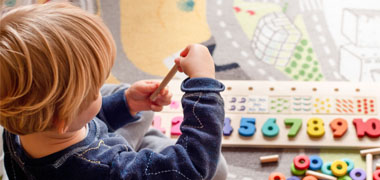
Early Childhood Education courses in Queensland
Course providers in Queensland
The following providers offer Early Childhood Education courses in Queensland.



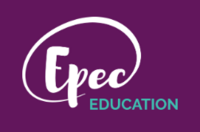

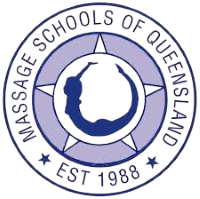

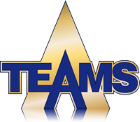

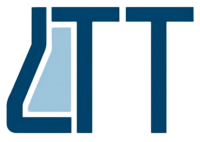


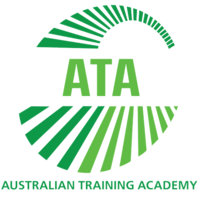

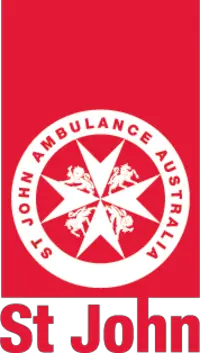












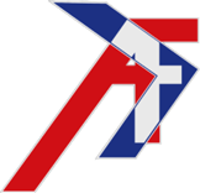


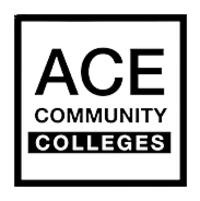

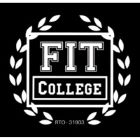











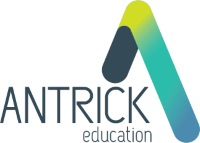


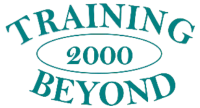
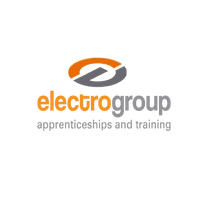

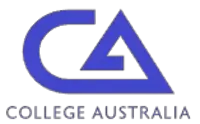

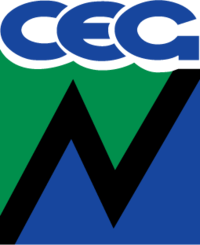







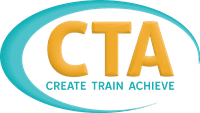












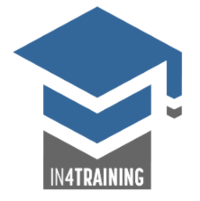

















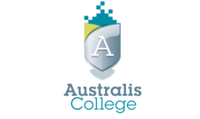
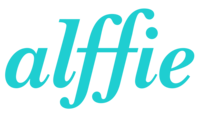






Career Pathfinder
Skills shortages + AI Exposure
Discover in-demand careers and understand how each role may be impacted by AI and automation.
- See in-demand occupations across Australia
- Check AI Exposure ratings
- Compare training duration and average income
Common questions
Early childhood qualifications in Australia include child protection awareness training but these skills must be updated every year. In most states you can complete online refresher training through the state education authority but you can also complete Child Protection Bridging Courses to meet your duty of care.
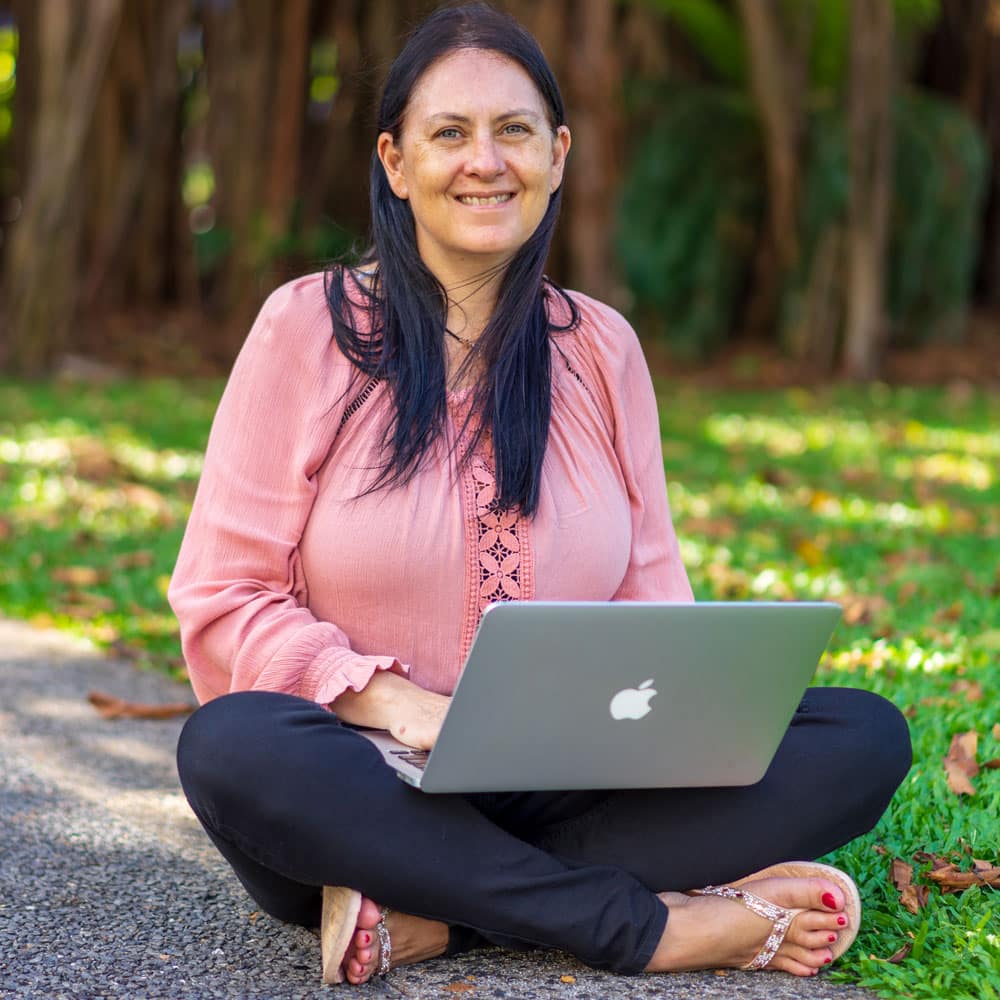 Melinda Irvine
Melinda Irvine
Studying early childhood education is not necessarily difficult but it can be challenging. You will learn a lot about child behaviour as well as the duty of care and legal responsibilities of an early childhood educator. During your studies, you will have to complete written assignments and you will be tested on your understanding of the early childhood curriculum and learning framework in your state or territory. You will also need to do a supervised work placement and complete a practical assignment while you are there.
 Melinda Irvine
Melinda Irvine
Before you can graduate from your ECT qualification you need to complete an unpaid work placement at an approved pre-school, kindergarten, or childcare centre. You must be supervised by qualified staff and have them sign-off on your project portfolios as you complete different tasks. Work placement hours are currently:
- Certificate III in Early Childhood Education and Care - 160 hours
- Diploma of Early Childhood Education and Care - 280 hours
- Bachelor of Early Childhood Education - 80-90 days
 Melinda Irvine
Melinda Irvine
It takes 12 months to complete the Certificate III in Early Childhood Education and Care which is the minimum requirement to become an early childhood educator. However, you can begin casual work before you have completed your qualification.
 Melinda Irvine
Melinda Irvine
You can find the latest salary and employment information for early childhood educators on Jobs and Skills Australia using the following links:
- Early childhood teacher (ECT) — average salary for degree-qualified ECTs working at pre-schools or kindergartens and registered with their state education body.
- Child Carers — average salary for early childhood educators with VET qualifications (Certificate IV or Diploma). These figures also include the average salaries of family day care workers, nannies, and out of school hours care workers.
 Melinda Irvine
Melinda Irvine
In most Australian states and territories, early childhood education qualifications are on the list of fee-free courses and subsidised trainings. You can check your eligibility for government funding by using this free tool or better still, enquire with a course training provider for personalised information. If you are eligible, you won’t have to do anything at all, the cost of your studies will be automatically reduced when you enrol. Sometimes the courses are completely fee-free — but that will depend on your age, where you live, and if you have completed other qualifications in the past.
 Melinda Irvine
Melinda Irvine
To get a job you must have a Working With Children Check (WWCC) and a National Police Check (NPC) that is less than 3 months old. Most organisations also expect current First Aid and CPR certificates. It’s definitely worthwhile doing anaphylaxis and emergency asthma management training and one of the best options is to complete the nationally recognised short course Provide First Aid in an Education and Care Setting because it covers Asthma & Anaphylaxis as well as CPR. Another helpful certificate is Food Handling because many early childhood educators have to prepare basic meals and snacks for the kids.
 Melinda Irvine
Melinda Irvine
If you hold an overseas qualification you will need to have it assessed for equivalence by the Australian Children’s Education & Care Quality Authority (ACECQA) before you can work in the sector. You can learn more about this process on the ACECQA website, but if you are currently located outside Australia you should first contact the Department of Home Affairs?.
 Melinda Irvine
Melinda Irvine
Early childhood education in Australia is a regulated sector and there are three standard qualifications:
- Certificate III in Early Childhood Education and Care
Average duration: 12 months - Diploma of Early Childhood Education and Care
Average duration: 18 months - Bachelor of Early Childhood Education
Average duration: 4 years
 Melinda Irvine
Melinda Irvine
To work in early childhood education you need to be a very empathetic and understanding person. Having a long list of qualifications is great, but your genuine passion for the development and care of young children is what really makes a great childcare worker.
 Nick Preston
Nick Preston
Don’t wait to finish your course qualification before getting a job in the early childhood education sector. Here at Earlyhood Recruitment in Sydney, we invite students who have already completed one third of their early childhood qualification to register for casual work and temp opportunities with our specialist agency. To get a full-time job you will need professional experience outside of your work placement and taking on short-term and casual work is excellent for your resume and future employment opportunities.
 Nick Preston
Nick Preston
Yes, absolutely! The early childhood education sector is traditionally the domain of women but in recent years a lot of men are getting their ECT qualifications. Male early childhood educators are definitely making a valuable contribution to the industry.
 Nick Preston
Nick Preston
Further reading


How to start a career in Early Childhood Education
27th November 2021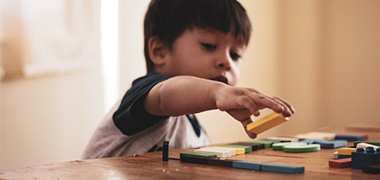
Career Spotlight: Early childhood educators and teachers
27th August 2019All courses
- CHCSS00147 Entry to Diploma of Early Childhood Education and Care
- Bachelor of Education (Early Childhood) (Birth – 5 Years)
- CHC30121 & CHC50121 Dual Certificate III in Early Childhood Education and Care & Diploma of Early Childhood Education and Care (Family Day Care)
- 22566VIC Certificate I in Work Education (Hospitality)
More about Early Childhood Education courses
Early childhood education is a vital field, offering essential services to children in Queensland and beyond. At Courses.com.au, prospective students can explore a range of courses designed to prepare learners for a rewarding career in this sector. With 16 different early childhood education courses available, you can choose between beginner options such as the Certificate III in Early Childhood Education and Care CHC30121 and advanced courses like the Diploma of Early Childhood Education and Care CHC50121.
For those starting their journey without prior experience, beginner courses are available that cater to various foundational skills. Options include essential training like the Provide First Aid HLTAID011 and other life support courses such as the Provide Basic Emergency Life Support HLTAID010. These courses not only equip students for roles in early educational settings but also enhance their employability in related fields. Local training providers including Educare College and ASH facilitate hands-on training for aspiring early childhood educators.
Experienced educators looking to further their careers can take advantage of advanced courses that deepen their expertise. Qualification paths such as the Bachelor of Early Childhood Education or the Master of Teaching (Primary) prepare participants for leadership roles in educational settings. Providers like UniSQ and ACU offer these esteemed qualifications, ensuring learners receive quality education in Queensland's dynamic environment.
Specific study areas in early childhood education can be explored further by professionals pursuing specialised roles. Categories such as Student Services and Education Support and Assistance provide valuable insights and skills relevant to various job roles within the sector. With practical training available through FIT College and Smart Nation Education, students can benefit from hands-on training and strong community connections in Queensland.
Whether you are starting your career or seeking to enhance your qualifications, the early childhood education courses available in Queensland offer tailored learning opportunities. From beginner courses like the Provide Cardiopulmonary Resuscitation (CPR) HLTAID009 to advanced pathways such as the Bachelor of Education (Primary), aspiring educators have ample options to advance their career. Explore the diverse offerings at esteemed local training providers and take the first step toward making a lasting impact in the lives of children and families in the Queensland community.
